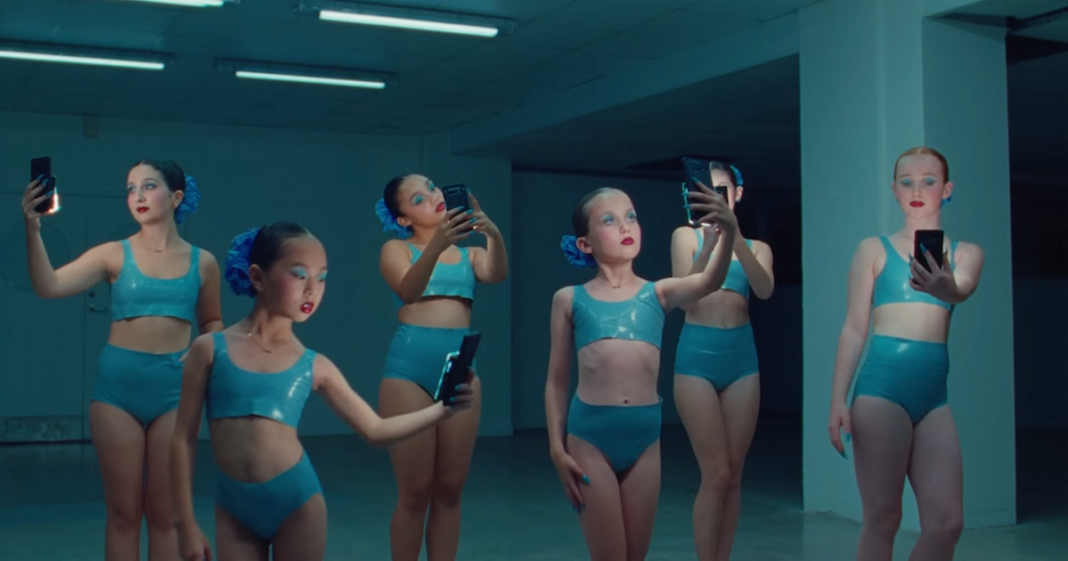It’s no secret that the current generation is facing obstacles that parents have never faced before, including the complex impacts of social media during the critical teenaged years.
Singer Christina Aguilera, who is now a mom herself to Max, 14, and Summer Rain, 8, debuted a new version of her famed video ‘Beautiful,’ showing powerful imagery of what today’s world can feel like for our kids — and how being online affects their self-esteem.
In honor of the song’s 20th anniversary (my god, really?) and World Mental Health Day, Aguilera shared the new video on Instagram yesterday, sharing, “Tune out and turn in. Take your space, log off, [and] put your mind, body, and soul first.”
The original video, which quickly became an anthem for mental health and healthy body positivity, featured a young Christina Aguilera, among other depictions of bullying, body image, sexuality, gender norms, and societal taboos, and represented all ages.
The newly released version specifically targets teens and preteens and the negative effects of social media on their self-esteem, body image, and confidence.
It features scenes of kids staring blankly at phone screens, getting drawn on for plastic surgery, and the societal pressures boys receive to attain a stereotypical body type. In one powerful take, young girls wearing heavy makeup posing in front of their phones. In another, a pre-teen girl places surrounds herself with pictures of perfect models, while in another, a teen boy contemplates self-harm with a razor. The final scene, however, shows children in their natural stress-free state, playing in nature and focusing on the present.
The evolution of returning back to the basics in this is palpable.
At the end of the video, viewers see a cell phone leaking blood, and an important message:
“In the last 20 years, since Stripped was first released, social media has transformed our relationship with our bodies, and, in turn, our mental health. Research suggests that time spent on social networking sites is associated with body image issues, self-harm, and disordered eating in children and teens. This needs to change.”
Recent Facebook whistleblower Frances Haugen also admitted the dangers presented children on social media, saying, “Facebook knows that when it comes to addictive behavior, teenagers are not as good at self-regulation as adults are. The highest rate of addiction to these platforms is when kids are 14 years old. These things are like cigarettes: teenage brains are still developing, and kids say: I know these platforms make me feel bad, and I can’t stop, but if I leave, I’ll be ostracized.”
Social media has also been proven to increase body dysmorphia, with a study from the American Academy of Pediatrics stating, “In recent decades, images of men in the popular media of Western culture have grown increasingly large, lean, and muscular. The male body has become more visible in advertising, with a stark increase in the proportion of undressed men beginning in the 1980s, and representations of ‘ideal’ physiques in children’s action figures have evolved to be more muscular than even the largest human bodybuilders. Boys’ body dissatisfaction has simultaneously increased, and research has demonstrated that exposure to images of extremely muscular models contributes to body dissatisfaction and muscle dysmorphia in young men.”
Thank you, Christina, for giving us another way to educate and protect our children.
You can watch the full music video now on YouTube.


